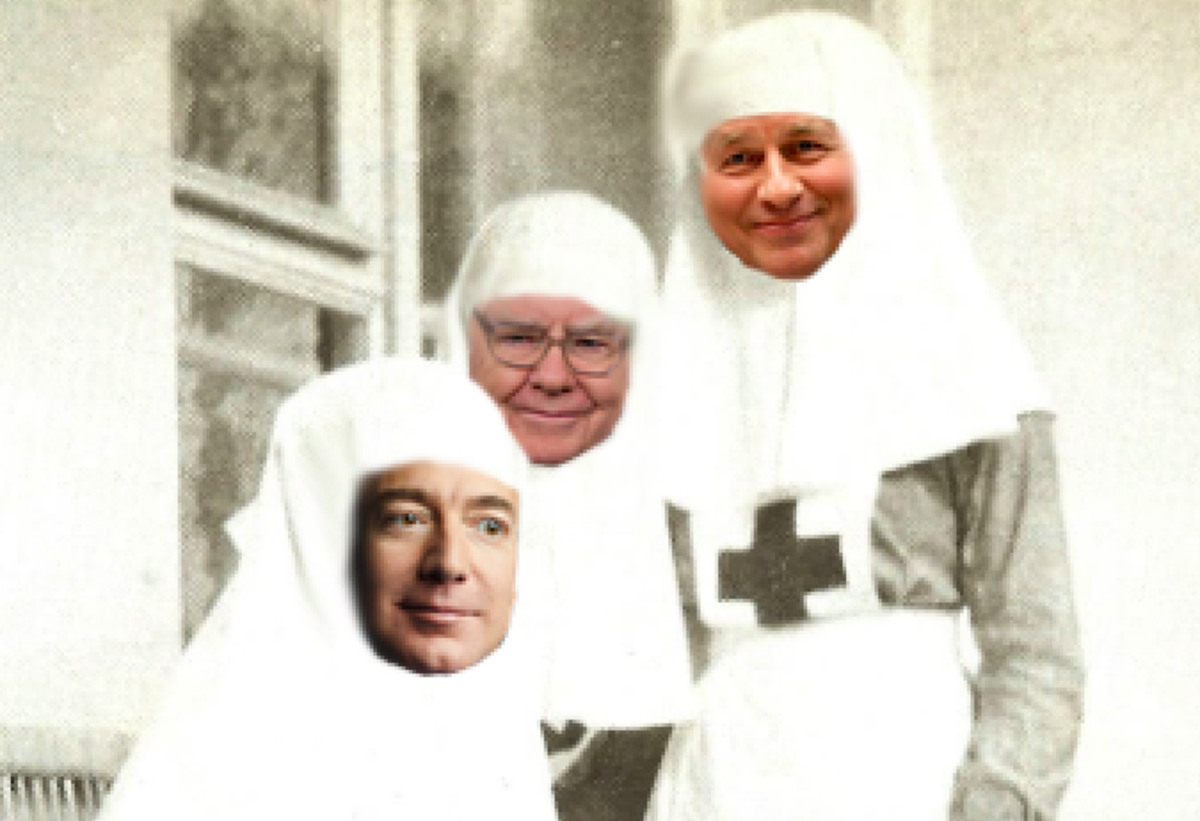(Photo by Greg Nash-Pool/Getty Images)
As you probably could guess, based on his radically right-wing record and degree from Yale Law School, Senator Josh Hawley was a member of the Federalist Society in law school. And as you also probably guessed based on those two facts, he was a bit of an asshole back then (I mean, probably now too, but this story is about his law school days, so).
Irina Manta, a professor at Hofstra Law School and a FedSoc darling who was spotted trying to make the law hold people accountable for lying on Tinder and branded a “Karen” after a neighborhood squabble over fireworks, has an opinion piece on USA Today dishing on Hawley’s time in law school and urging him to ditch his sure-to-be-failed attempt to prevent Joe Biden from becoming the 46th President of the United States. Manta is also clear to note, that despite her association with FedSoc, she worked on President-elect Biden’s campaign this cycle. But enough with the background, let’s get to the (old) hot goss.
Manta and Hawley are both members of YLS ’06, and were active in their law school’s Federalist Society, so, obviously their paths crossed. But more than just casually cross, they were both elected as Vice Presidents for Events for FedSoc as 2Ls.
As Manta notes, “Collaborating in these positions in our second year proved difficult. I organized the lion’s share of the group’s events and frequently received no responses from him on emails I sent to him and the Society’s president that year. This puzzled me because I thought our goal was to make the organization as strong as possible, and failure to communicate was an obstacle.” ALL THE SIDE EYE.
As Manta’s version of the story goes, she did way more work in their joint position, so when both Manta and Hawley threw their hats into the ring for President of FedSoc for the following year, she thought she had it in the bag. But that’s where the chicanery begins, according to Manta.
Shortly before the election, a friend tipped me off to how Sen. Hawley was planning to beat me, given that he was uncertain he could do so based on votes only from regular members who knew our records best.
As appeared accurate based on the eventual turnout, Sen. Hawley had obtained from the sitting president the student email addresses for the YLS Federalist Society listserv (and the president, whom I had helped to win the previous year, did not volunteer that information to me at that stage). The rule was that anyone who had signed up for the listserv by a certain earlier date could vote in the Society’s elections. This included a bunch of people who did not attend events and had little or no involvement with the Society.
The rule, while easy to administer, was a bad one. It even had the potential for individuals to co-opt the Society for the sole purpose of destroying it. Historically, however, nobody had exploited that rule, to my knowledge. Instead, candidates had campaigned for votes from people actively involved with the Society.
I found out about Sen. Hawley’s plans too late to counter them successfully. I lost the YLS Federalist Society’s presidential election to him by a handful of votes. The presidency comes with a number of advantages, including entry to key professional opportunities. From my perspective, I was the more deserving candidate and cared more about the organization. The voting rules, again, were problematic, and Sen. Hawley exploited that all the way to victory for himself and the rest of his slate.
So his success is based on following the letter, rather than the spirit, of the law. Got it. And now he’s all in a tizzy because Democrats followed both the letter and spirit of election laws? Also, got it. He strikes me as exactly the sort of prick who earnestly believes it’s fine for him to do it but it’s cheating when you do it. Unsurprising.
Manta closes with a plea for Hawley to drop his objection over the certification of the electoral college results because she didn’t object to his shady law school victory, so he should take a lesson. She notes “he is setting a dangerous precedent such that one day, a hostile Congress could overturn a rightful presidential election.” She’s not the only Yalie who disagrees with Hawley over his position, but all the obvious double standards in the world are still unlikely to change Hawley’s position. At least we have a better sense of the exact sort of person Hawley really is.
 Kathryn Rubino is a Senior Editor at Above the Law, and host of The Jabot podcast. AtL tipsters are the best, so please connect with her. Feel free to email her with any tips, questions, or comments and follow her on Twitter (@Kathryn1).
Kathryn Rubino is a Senior Editor at Above the Law, and host of The Jabot podcast. AtL tipsters are the best, so please connect with her. Feel free to email her with any tips, questions, or comments and follow her on Twitter (@Kathryn1).












 Tyler Broker’s work has been published in the Gonzaga Law Review, the Albany Law Review, and is forthcoming in the University of Memphis Law Review. Feel free to
Tyler Broker’s work has been published in the Gonzaga Law Review, the Albany Law Review, and is forthcoming in the University of Memphis Law Review. Feel free to 




